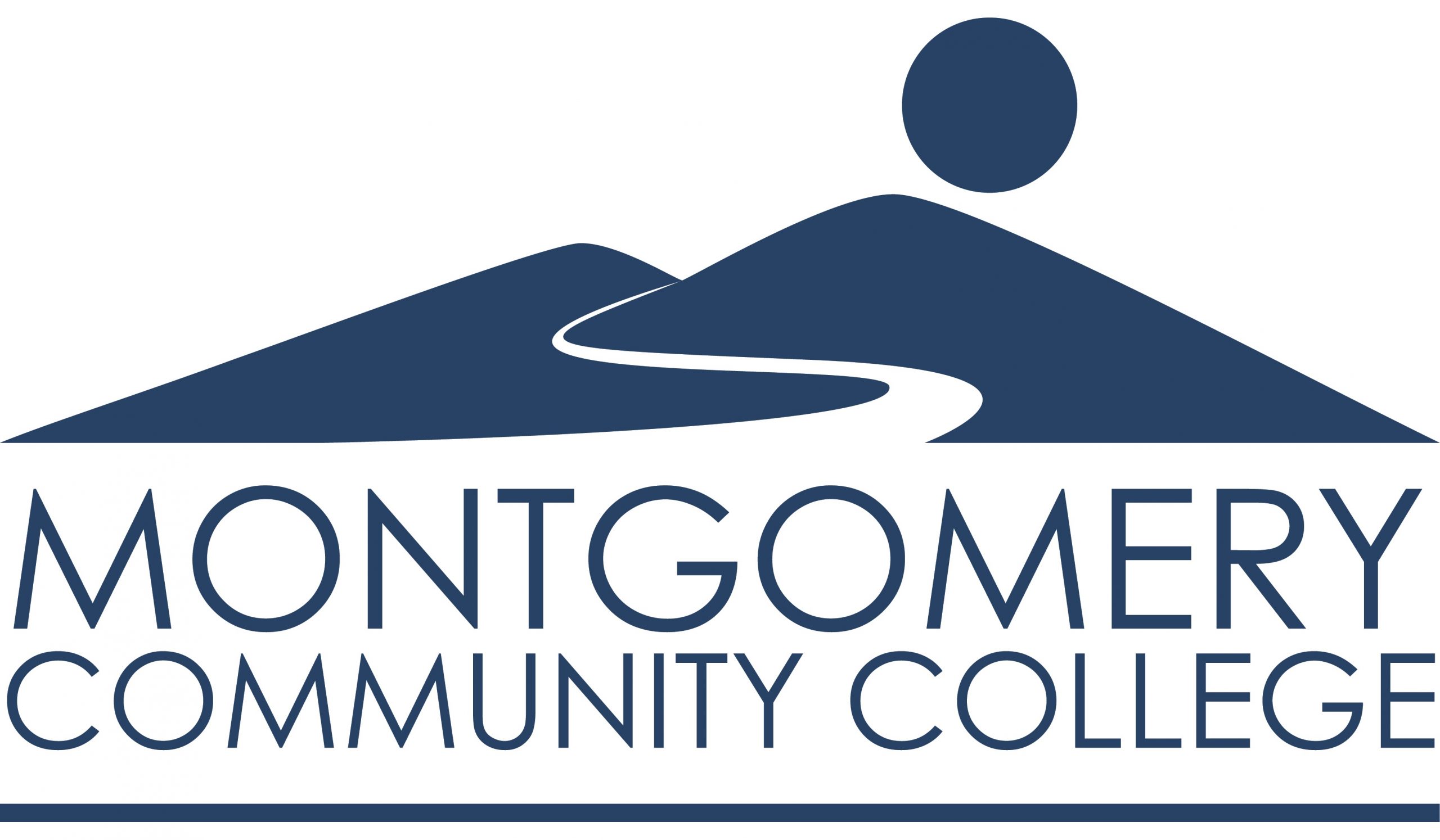MCC Reflects Upon COVID-19 Response
Published on Tuesday, March 16th, 2021
A year ago this week, Montgomery Community College moved to a virtual learning model in response to the arrival of COVID-19. While some content delivery gradually returned to face-to-face instruction with precautionary measures, many of MCC’s initial prevention measures remain in place to this day. Classes continue, students and faculty meet in person and virtually, and the work of the College moves forward.
Safety First
One of the first things you notice on the MCC campus is abundant signage to keep visitors a safe distance from one another, and in the case of high traffic areas, “lanes” designed to facilitate social distancing. Face coverings are mandatory for students, instructors, staff and contractors while on campus. In addition, before people commence their day, they pass through a temperature check station. The College also has deep-cleaning and sanitization processes ongoing throughout buildings where classes are taught.
“MCC could have experienced a long-term closure this year, as many campuses across the country did. The fact that we remained open in service to students is due to one thing: we all took this seriously,” said College President Chad Bledsoe. “We governed ourselves, we supported each other and we remained vigilant. Even now, we hold ourselves and our surroundings to a higher standard, which is why we have thrived through this ordeal.”
Student Welfare
After receiving nearly $400,000 through the Department of Education’s Coronavirus Aid, Relief, and Economic Security (CARES) Act, the College distributed half of that to nearly 500 eligible students adversely impacted by the pandemic in the form of emergency financial aid grants. MCC students could use these funds for expenses related to the disruption of campus operations as well as food, housing, course materials, technology, health care and child care.
Content Delivery
Montgomery Community College was previously adept at delivering online instruction, so moving more classes online, and some classes fully-online, was a natural transition for MCC as an institution. Some of the school’s programs have met in-person on campus all year long, however classroom configurations have been altered significantly and timing of classes has been spread-out during the week to facilitate proper distance requirements.
Increasing Accessibility
MCC used its remaining CARES Act funding to enhance Internet connectivity for Montgomery County residents. The towns of Biscoe, Candor, Mount Gilead, Star and Troy benefited from Wi-Fi enhancement, reaching Montgomery County residents of all ages with reliable, free access to the Web.
“The digital gap for rural citizens has always existed, but it’s been laid bare this year as Montgomery County residents struggled to connect socially, shop responsibly and learn remotely.” MCC was pleased to partner with local governments to help citizens weather the storm.
Outcomes
Troubling times change us, and it will take distance and reflection for us to understand how fully MCC has been impacted by the events of 2020. What is already obvious however, are some positive outcomes and lessons learned. Some of MCC’s faculty members have really excelled at teaching online. Many MCC students have really excelled at learning online! We were required to teach in spacious, wide-open environments with great success and comfort. We know so much about the spread of disease now, and have the tools to maintain a healthier campus going forward even after the pandemic has passed.
“We want MCC students to embrace the summer and fall terms, whatever they look like, with confidence and optimism,” said Bledsoe. “While there are unknowns ahead of us, we have been tested and proven we are up to any task. As in the past, we continue to walk with every student at the pace they are comfortable with, for as far as they care to go.”

